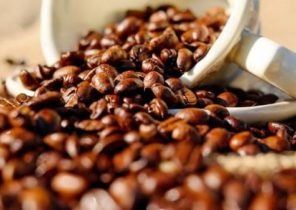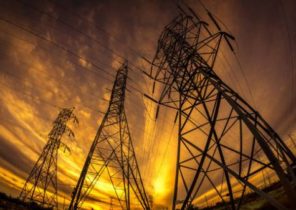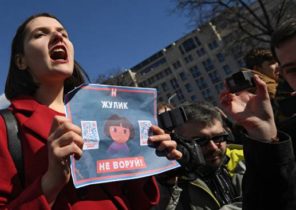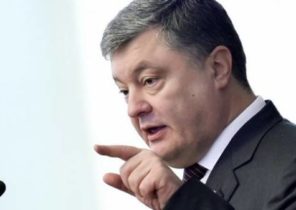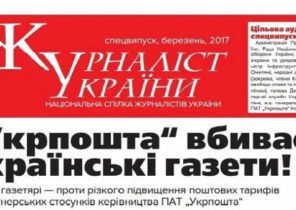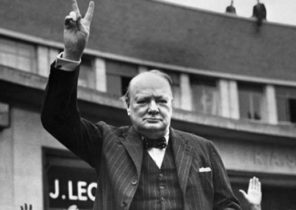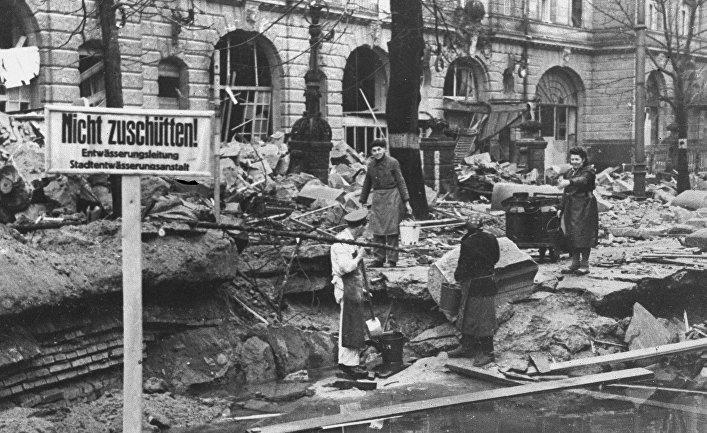
The summer was long and hot. As if a new wind of freedom blew in the country. “I was looking forward to all that awaited us, Russian soldiers and Nazis” — as a former politician of the Free democratic party, Cornelia Schmalz-Jacobsen describes his memories.
Unusual here is the ambiguity — the author remembers about the time between the ninth and eleventh birthdays, and she remembers about the liberators who came from the East.
It is quite legitimate, because it’s true that the Red army until may 1945, carried the main burden of the struggle with the Nazi government. And yet the book is drawn in a strange way and to the days in which, due to Putin’s behaviour and the annexation of the Crimea debate about the position of the Germans to the Russian.
First of all, we are talking about memories of the young Cornelia who in 1943 was sent from Berlin, subjected to strong bombardment, to his uncle in Darss on the Baltic sea, this area was still far from war.
We see a daring girl who is forced to get used to village life. Then do you know of an adult child whose parents are against the Nazis, hiding Jews and openly talk about it as a child. “I have been a consistent anti-Nazi baby.”
She mentions only in passing: and in the countryside ruled by the Nazis, and my uncle in the service of the Polish foreign jobs, but they are only part of the “motley heap” of the yard.
Schmalz-Jacobsen talks about the “dark spots” in the “children’s Paradise”. And when the front line was approaching more and more, and there is fear of Soviet soldiers, then the uncle just said — now we are going to teach Russian language.
The children soon began to play the game “Woman, come here”
When the Russians came, the little Cornelia befriended a soldier who was pushing her on a cute horse. The children soon began to play the game “Woman, come here” and there were reports of rape.
Girls Mature was hiding, appeared drunk Russian — but in the personal environment of the author in the DARS were not successful attempts of violence. In this world there are “beasts and rapists”, only Russian, love children, and liberators.
Of course, Schmalz-Jacobsen refers to “an incredible number” of rape — about two million Russian soldiers in occupied Germany and a lot of “Russian children”, which appeared in 1946. But her personal view of the “Russian summer” all is not marred.
The fact that she as a child survived the occupation as a liberation, an ability to reflect. And yet soon it became clear that this sense of freedom was not for long.
